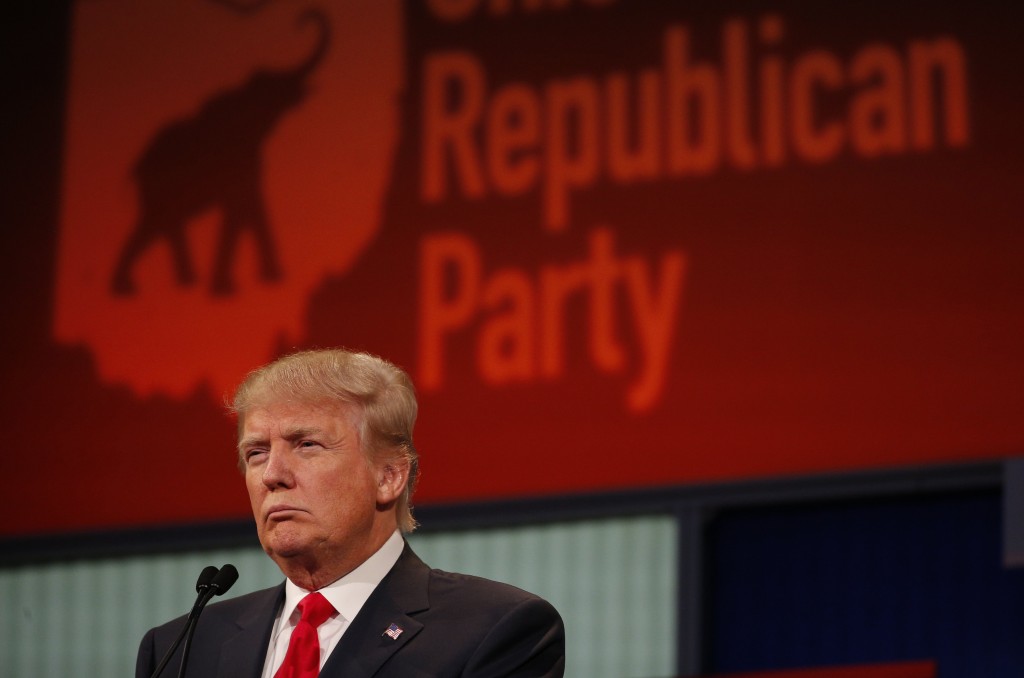Western states have expanded their money supply drastically in recent years. This happened without high inflation rates, because there was a great elasticity of goods. The US Federal Reserve and the European Central Bank could not print so much money that the increase in production could not have been matched by a corresponding supply of goods. Where that did not work, for example in real estate, prices shot up.
Now, in the spirit of Washington – in the wake of so-called decoupling, or friend-shoring – seeking further unbundling of Western economies and China, that elasticity would be significantly reduced. The result would be permanently high inflation rates, so a game with the fire. It is not in the interests of Europe. But developing countries are far more affected: In the course of the more restrictive monetary policies of Western central banks, they have to reckon with the outflow of international investment. In particular, those countries that have borrowed in the American currency will face greater payment difficulties due to the rising dollar exchange rate. In any case, the danger of simultaneous growth, energy, food and debt crises is already worrying for many developing countries. It is therefore understandable that the countries of the “global South” have not joined the G-7 countries’ Russia sanctions.
The American Minister of Finance Janet Yellen, above all out of self-interest, now advises the Europeans against completely boycotting Russian oil supplies. Because the resulting higher oil prices fuel inflation, which requires the US Federal Reserve to adopt an even more restrictive monetary policy, which in turn should lead to further declines in the stock markets and in the economy in America.
Already, the majority of Americans are convinced that Biden’s policies have worsened economic conditions. Only four out of ten adult and thus eligible US citizens are satisfied with his administration – the lowest approval rating a post-war president has ever had at this time of his presidency.
With a few exceptions, every White House incumbent lost seats in Congress in the midterm elections, especially if, like Biden, who had only weak approval ratings for his leadership. In addition, the failed electoral reform could prove in two years at the next presidential elections as problematic for the American democracy and give his possible challenger Donald Trump chances for a second term.
As long as the federal government does not pass a corresponding electoral reform, the individual states have a free hand if they want to put minorities close to the Democrats at a disadvantage in elections again.
After the November 2022 midterm elections, few Republicans will remain in office who voted to impeach Trump for his actions following his electoral defeat. After purges in party primaries, internal resistance to Trump will be even weaker.
Even if he were not to run himself – because of possible criminal convictions – in the presidential election of 2024, populists would be in line with Trump’s image, such as Florida’s Governor Ron DeSantis. Other Republican candidates could be even more challenging for Germany and Europe. That’s not good news for the old continent, which has put its security in the hands of Washington.
Written exclusively for NAT by David Spencer
David Spencer is a freelancer based in Munich, Germany. He studied political science at the LMU Munich and deals with geopolitics and international relations. He made trips to many countries that broaden his horizons and introduce him to the political culture of these countries.
News about Turkey offers readers different points of view. The opinion expressed in this text is not necessarily shared by NAT.



